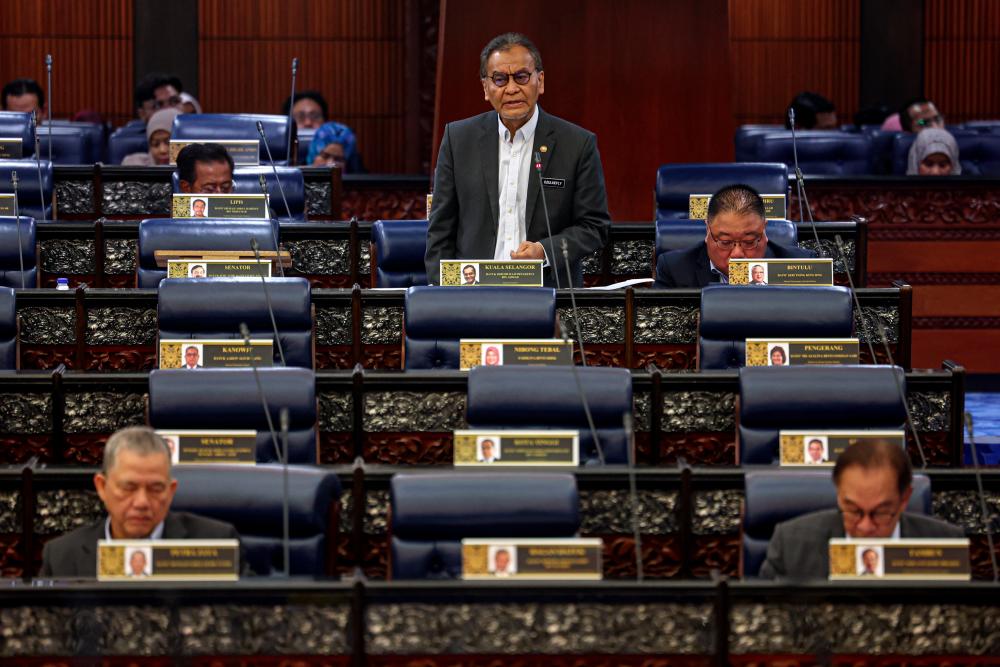PUTRAJAYA: Last year a total of 2,623 deaths due to Tuberculosis (TB) were recorded, signifying a two percent increase of 51 cases compared to 2022, announced Health Minister Datuk Seri Dr. Dzulkefly Ahmad.
In a statement released for World TB Day today, he stated that 26,781 cases were reported last year, showing an increase of 1,390 cases or 5.47 percent compared to 25,391 cases during the same period the previous year.
“Tuberculosis continues to pose a major disease burden in Malaysia. The current statistics are worrisome and adversely affect the quality of life for the Malaysian population.
“With the availability of curative TB treatments, efforts to detect and initiate early treatment need to be intensified,“ he said.
Dr. Dzulkefly highlighted that TB is an airborne infectious disease caused by Mycobacterium tuberculosis, primarily affecting the lungs (pulmonary TB), although other organs such as the brain (meningitis TB), spine (spinal TB), lymph nodes (lymph node TB), abdomen (abdominal TB), can also be infected.
TB symptoms include persistent cough lasting more than two weeks, fever, night sweats, loss of appetite, weight loss, and coughing up blood.
ALSO READ: Latent cases may disrupt nation’s plan to become TB-free
“Misconceptions surrounding tuberculosis symptoms, such as attributing them to sorcery, witchcraft, or hereditary diseases, must be dispelled, to ensure that individuals experiencing symptoms promptly seek examination and treatment at nearby health clinics and hospitals.
“Those at high risk of contracting tuberculosis, such as HIV patients, chronic kidney disease patients, chronic obstructive pulmonary disease (COPD) sufferers, active smokers, and individuals in contact with tuberculosis cases, must also undergo screening,“ he advised.
He explained that TB treatment involves a combination of antibiotics taken daily for at least six months, and advised patients to adhere to the treatment schedule and discuss any problems or side effects with their treatment supervisor.
Patients who stop or refuse to continue treatment may face legal action under the Prevention and Control of Infectious Diseases Act 1988 (Act 342), he added.
“It is the aspiration and hope of the nation that tuberculosis ceases to be an infectious disease in society by the year 2035, aligning with the ‘Stop TB Strategy’ by the World Health Organisation.
“To achieve this, high commitment and close cooperation among individuals, communities, and various agencies are crucial,“ he said.
ALSO READ: Sabah records highest TB cases in 2023 - MOH
World TB Day is commemorated on March 24 annually, with this year’s theme being “Yes! We Can End TB”.
The theme calls for the support and commitment of all individuals and layers of society to mobilise efforts, energy, expertise, and innovation, and increase investment to eradicate tuberculosis.










